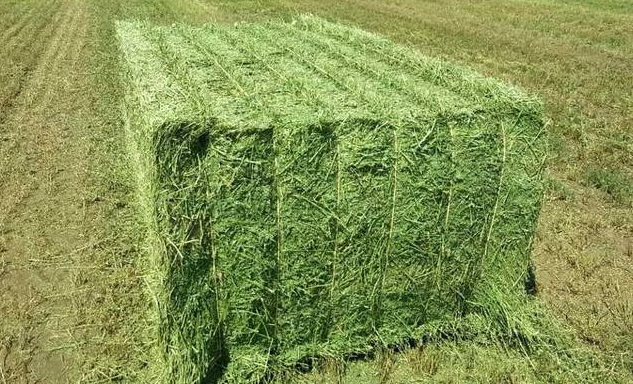
Alfalfa, (Medicago sativa), perennial, cloverlike, leguminous plant of the pea family (Fabaceae), widely grown primarily for hay, pasturage, and silage. Alfalfa is known for its tolerance of drought, heat, and cold and for the remarkable productivity and quality of its herbage. The plant is also valued in soil improvement and is grown as a cover crop and as a green manure. Alfalfa is most commonly grown as food for livestock animals. In humans, it’s often eaten as a garnish, and seems to prevent cholesterol absorption in the stomach. Alfalfa is widely grown throughout the world as forage for cattle, and is most often harvested as hay, but can also be made into silage, grazed, or fed as greenchop. Alfalfa usually has the highest feeding value of all common hay crops. It is used less frequently as pasture. When grown on soils where it is well-adapted, alfalfa is often the highest-yielding forage plant, but its primary benefit is the combination of high yield per hectare and high nutritional quality. Its primary use is as feed for high-producing dairy cows, because of its high protein content and highly digestible fiber, and secondarily for beef cattle, horses, sheep, and goats. Alfalfa hay is a widely used protein and fiber source for meat rabbits. In poultry diets, dehydrated alfalfa and alfalfa leaf concentrates are used for pigmenting eggs and meat, because of their high content in carotenoids, which are efficient for colouring egg yolk and body lipids.





Boost livestock health and productivity with high-quality alfalfa—rich in protein, fiber, and essential nutrients. Perfect for dairy, poultry, and soil improvement.
WhatsApp us